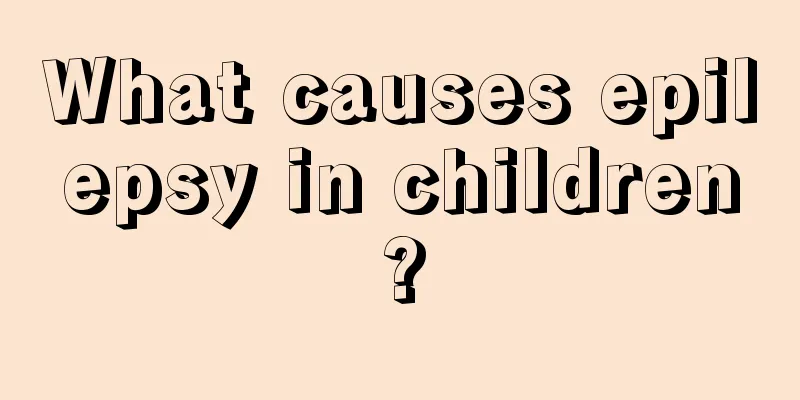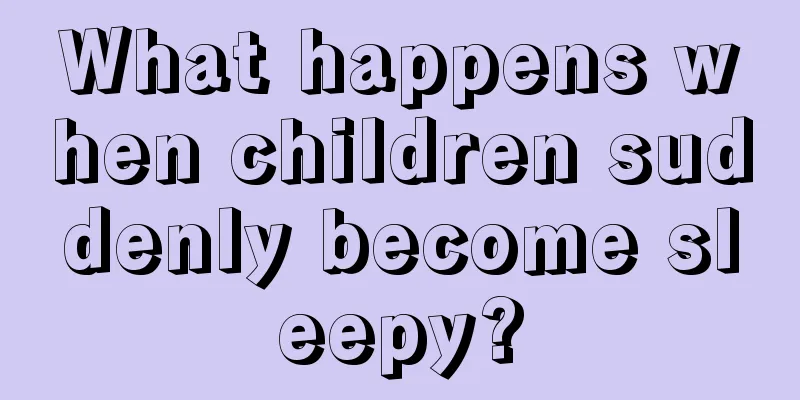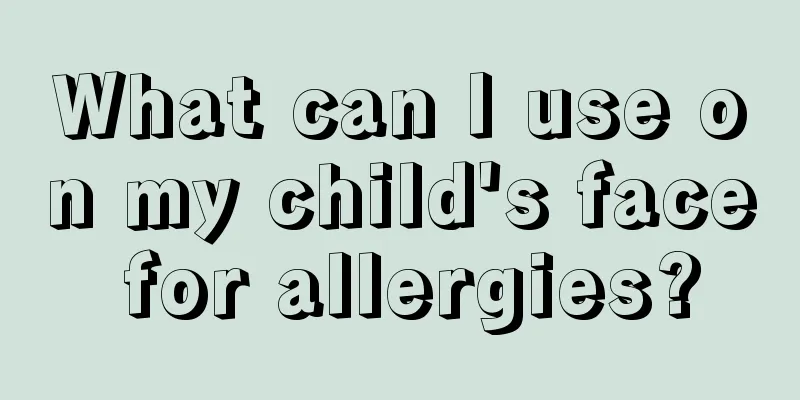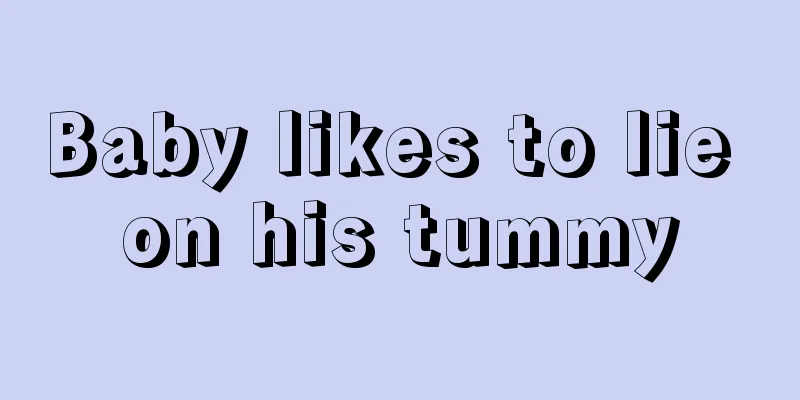What should I do if my child has a continuous fever? Keep these methods in mind!
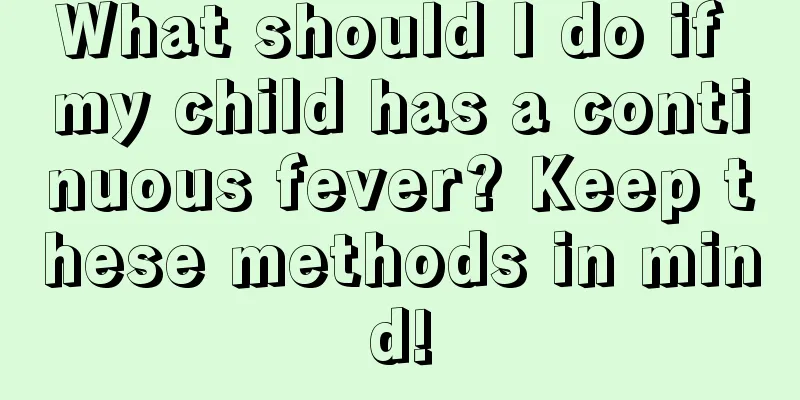
|
If you find that your baby has a high fever, you should measure the baby's temperature in time so that you can understand the severity of the fever and find a reasonable solution. A mild high fever can be solved at home by yourself, but a serious one requires going to the hospital to see a doctor. 1. What to do if your child has a persistent fever What to do if your child has a persistent fever When your child has a high fever, use the following physical fever-reducing methods to make your child feel more comfortable: 1. Reduce clothing and quilts: When your child has a fever, remember not to let him wear too many clothes or cover him with too thick quilts. This traditional method of "covering the body to sweat" is not conducive to heat dissipation and fever reduction. Instead, it may cause febrile convulsions due to overheating. For many young babies, the body temperature can be lowered by simply reducing the number of clothes and blankets. 2. What to do if your child has a fever of 39 degrees A child's fever of 39 degrees is already a high fever and should be treated promptly. If you cannot go to the hospital immediately, you need to observe the child's fever condition, such as whether the child has slow reaction, convulsions, or other abnormal reactions. Parents can use antipyretic drugs and do some physical cooling at home. A high fever above 39°C can easily cause convulsions in children. Children under 6 months old should be treated promptly when they have a fever because their condition changes rapidly. The World Health Organization recommends that no antipyretic drugs should be used for infants under 2 months old. Infants and young children under 3 months old should use drugs to reduce fever with caution, and physical methods should be used to reduce fever instead. If the antipyretic effect of medication is not good or the body temperature exceeds 39°C within two hours after taking medication, physical methods should be used to reduce the temperature. It takes a certain amount of time for drugs to take effect. When a child's temperature suddenly exceeds 40°C, physical methods should be used to reduce the fever immediately. 3. What to do if your child has repeated fever Why do children have repeated fevers? Because children have poor ability to adapt to the external environment and their immune systems are not yet fully developed, any discomfort can easily lead to fever symptoms, or their body temperature may rise again quickly after taking medicine to reduce the fever. Especially in the hot summer, if parents use the air conditioner improperly or the baby drinks less water and cannot adapt to the high temperature weather, it will cause repeated fever. There are many causes of fever: mainly bacterial and viral invasion, which cause respiratory and gastrointestinal infections and lead to fever. What parents can do is to provide adequate nutrition according to the child's age and physical development, and add complementary foods in a timely, reasonable and balanced manner. Parents should be especially reminded that if their child has a fever for more than three consecutive days without improvement or if the baby has a high fever or convulsions, they should seek medical attention in time to identify the cause and provide symptomatic treatment. |
<<: Can I bathe my baby when he has a fever? Parenting experts tell you
>>: Why do children have chapped faces in winter? It turns out this is the case
Recommend
Is 37.2 degrees a fever for a baby?
Most babies are in good mental state at ordinary ...
What should I do if my baby always has yellow water in his stool?
Children are delicate and need careful care of ev...
3 month old baby snoring while sleeping
Three-month-old babies are relatively young, and ...
How to deal with children's teeth not growing
Children are the apple of their parents' eyes...
What should I do if my baby has red stools?
This situation in which babies have red stools du...
Recovery period and treatment of bronchopneumonia in infants
Parents of children will find that after the baby...
Child's neck twitching
When children are young, the phenomenon of convul...
What is going on when a child picks his belly button?
Babies are not only very curious about the outsid...
Diet therapy for diarrhea in a four-month-old child
In fact, if your child has symptoms of diarrhea, ...
What should I do if adenovirus infection is difficult to cure in children?
Adenovirus is a relatively acute infectious disea...
What are the clinical manifestations of juvenile glaucoma?
Glaucoma seriously affects people's daily liv...
Methods to reduce jaundice in newborns
It is very common for newborns to have jaundice, ...
Is the child dizzy?
There are many reasons why children experience di...
What is the best calcium supplement for children?
Many children become picky eaters because their p...
What are the causes of swollen eyelids in children?
Many children have poor self-awareness, which wil...


